Travel lessons we've learned in the year since vaccines became widely available
As we reach the end of March, we're hitting a milestone in the pandemic: It's been approximately one year since COVID-19 vaccines became widely available and people began to venture out.
Of course, the vaccine rollout varied from state to state, and the entire process was a months-long endeavor that continues to this day. But broadly speaking, it was around this time last year that we began to really see states loosening vaccine eligibility restrictions, allowing the vast majority of adults who wanted a shot to get one.
I, for one, can attest that as of this day last year, I was in between my first and second doses, not having qualified for a shot during any of the earliest phases of vaccine availability.
As the shots became widely available, the numbers clearly showed that travel surged. In late January 2021, TSA agents regularly screened around half a million passengers at U.S. airports. By late March, those numbers tripled, to as many as 1.5 million travelers on some days.
Related: Experts predict future of travel
On Friday, close to 2.3 million travelers passed through U.S. TSA checkpoints — a sign of just how much travel has rebounded, especially compared to the earliest days of the pandemic; two years ago on this weekend in 2020, agents screened fewer than 200,000 passengers one day.
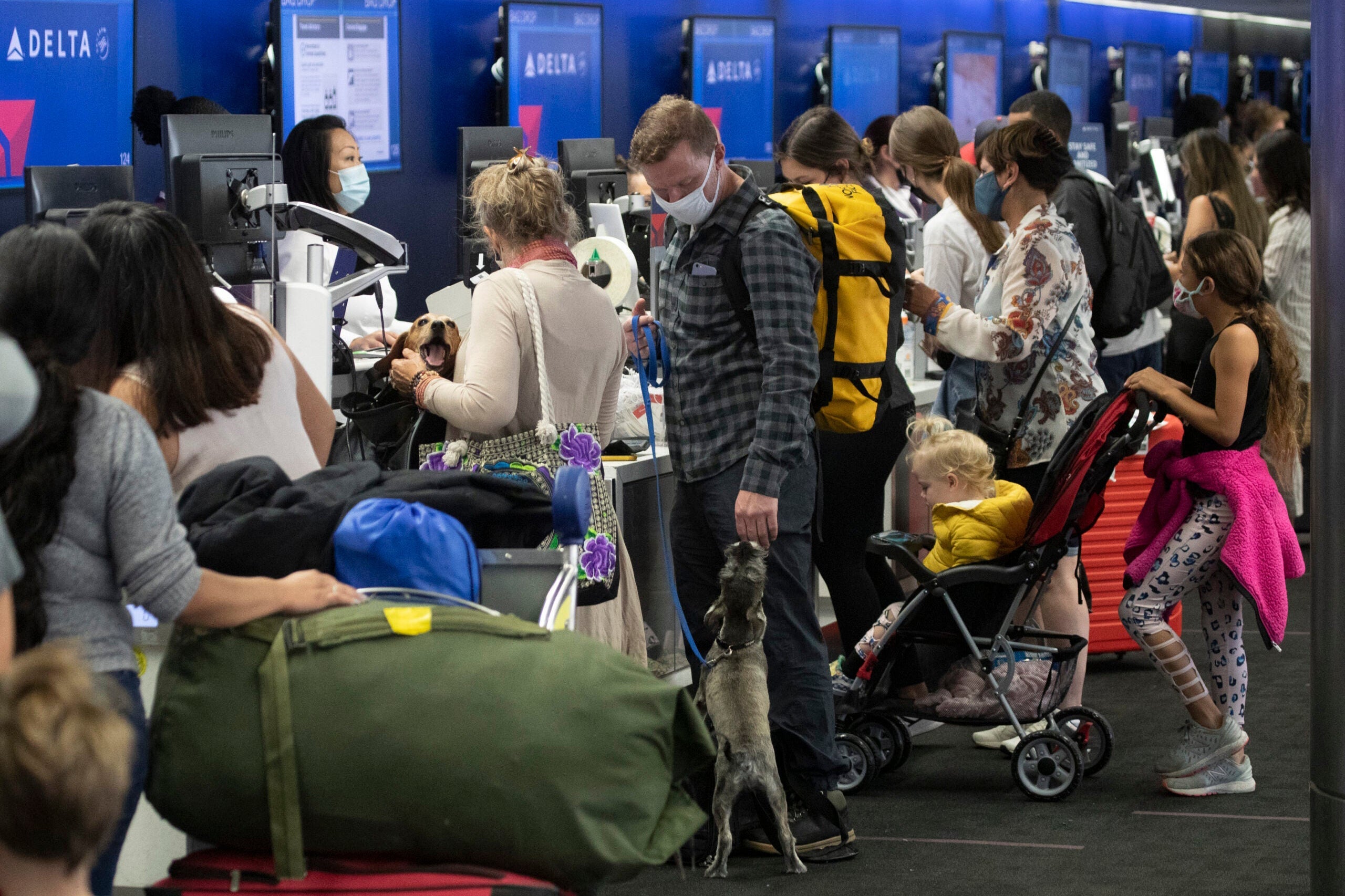
The last year has presented some exciting opportunities for travelers to indulge pent-up desire to see the world and spend the points and miles they accrued while stuck at home.
Anyone who has traveled in the last year knows that there are some things that still aren't quite the same, from changing restrictions to staffing challenges and a virus that continues to spread.
Leaning on our own experience and that of our readers in the TPG Lounge, we've pulled together some of the most important travel lessons we've learned over the last year.

1. Flexibility is still critical
Finding ways to book tickets that give you flexibility if circumstances change remains a critical option for many travelers. You or a loved one could test positive for COVID-19 right before you are scheduled to fly, the COVID-19 situation at your destination could change, or staffing issues with an airline could lead to flight cancellations or delays that no longer work with your travel plans.
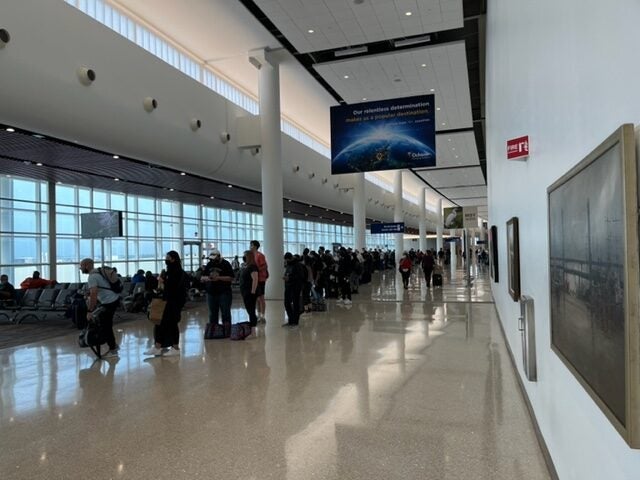
At the height of the omicron surge, my wife felt it was the safest choice to cancel a trip she had scheduled just a day before departure. Having booked on Southwest Airlines, she received full trip credit, which she put toward a trip we're taking next month.
TPG reader Katy said she has "had to cancel multiple trips due to (COVID) surges" at her destination.
At this moment, while more destinations are loosening restrictions as opposed to adding them, we saw just last week how things can still change. Disneyland in Shanghai temporarily shut down its parks in the midst of a COVID-19 surge there.
While some airlines are not giving travelers the level of flexibility they allowed in the earlier days of the pandemic, many carriers have done away with change fees that previously gave flyers few options if circumstances changed.
Related: How to avoid change and cancellation fees
You also might consider forgoing any slight discount you get by paying for a hotel or rental car in advance, in the event you end up not going on the trip at all.
The last year has continued to demonstrate that anything you can do to give yourself an out if you need it is a good option.
2. Prepare by packing what you need, and keep a close eye on restrictions
This is true whether you're going out to dinner or traveling internationally.
Case in point, there's one city close to where I live where you needed a vaccine card to get into a number of restaurants during various points in the pandemic, while the same requirement is uncommon just 10 minutes down the road.
Indeed, the extent to which restrictions can change from one place to another is exponentially more pronounced as you travel between countries. Here at TPG, we keep a close eye on what destination countries and territories are requiring, but we're constantly updating these stories with new information because the rules change so often.
When you pack for a trip, your best bet is to bring anything you might need: masks, at-home testing kits and vaccine cards, along with some extra clothes and medication in case you were to get quarantined.
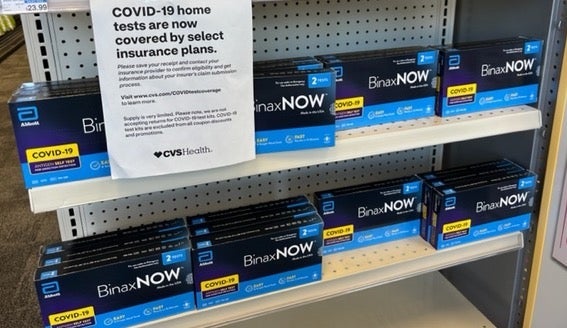
TPG reader Teresa, from New England, mentioned keeping any insurance information handy based on her experience on an international trip.
"We had to find the actual phrase on our Aetna Global Coverage plan to prove we have COVID coverage. Cost us an hour and we almost missed our flight," she said.
Perhaps the best thing you can do though, is to just keep a close eye on the protocols where you're going up until the day you depart. As we've seen, there's a good chance the requirements that are in place when you book will be different by the time you actually make the trip.
3. Patience
I lost count of how many times this single word came up among travelers discussing lessons of the last year in our TPG Lounge.
If you've traveled, you know what they're talking about.
On top of the time it takes to carry out COVID-19 protocols – from health screenings to vaccine card inspections to extra cleanings – businesses in seemingly every industry continue to deal with significant staffing challenges that could impact any part of your trip.
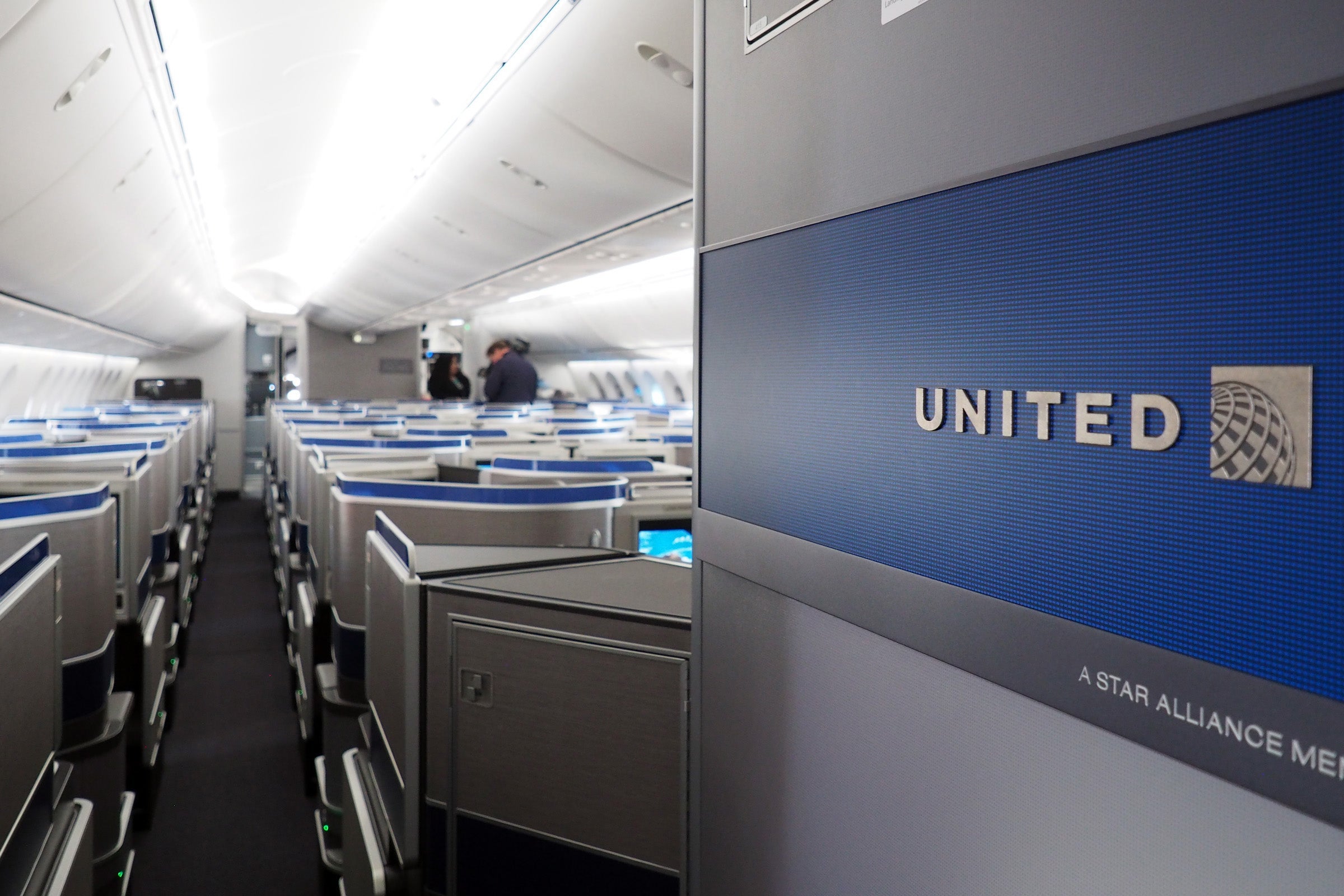
In January in the midst of the omicron surge, a flight I was on out of Ronald Reagan Washington National Airport (DCA) was delayed pushing back from the gate because we were waiting on checked luggage to get loaded. It was clear the ground crews were doing the best they could with fewer staff than normal.
Staffing challenges can also translate to waits at a TSA checkpoint line, airport concession vendors being closed and longer waits for your food while eating out at your destination.
It's just something to anticipate as you travel, even more than two years into the pandemic.
4. Services may not be the same
This might apply to tourist attractions, museums or other places you're visiting at your destination. Hours have changed, available services and rules have, too: you might need a reservation at a place where you could previously walk in without issue.
TPG has also reported on how hotels cut back on amenities earlier in the pandemic, and plenty of of properties have not restored them.
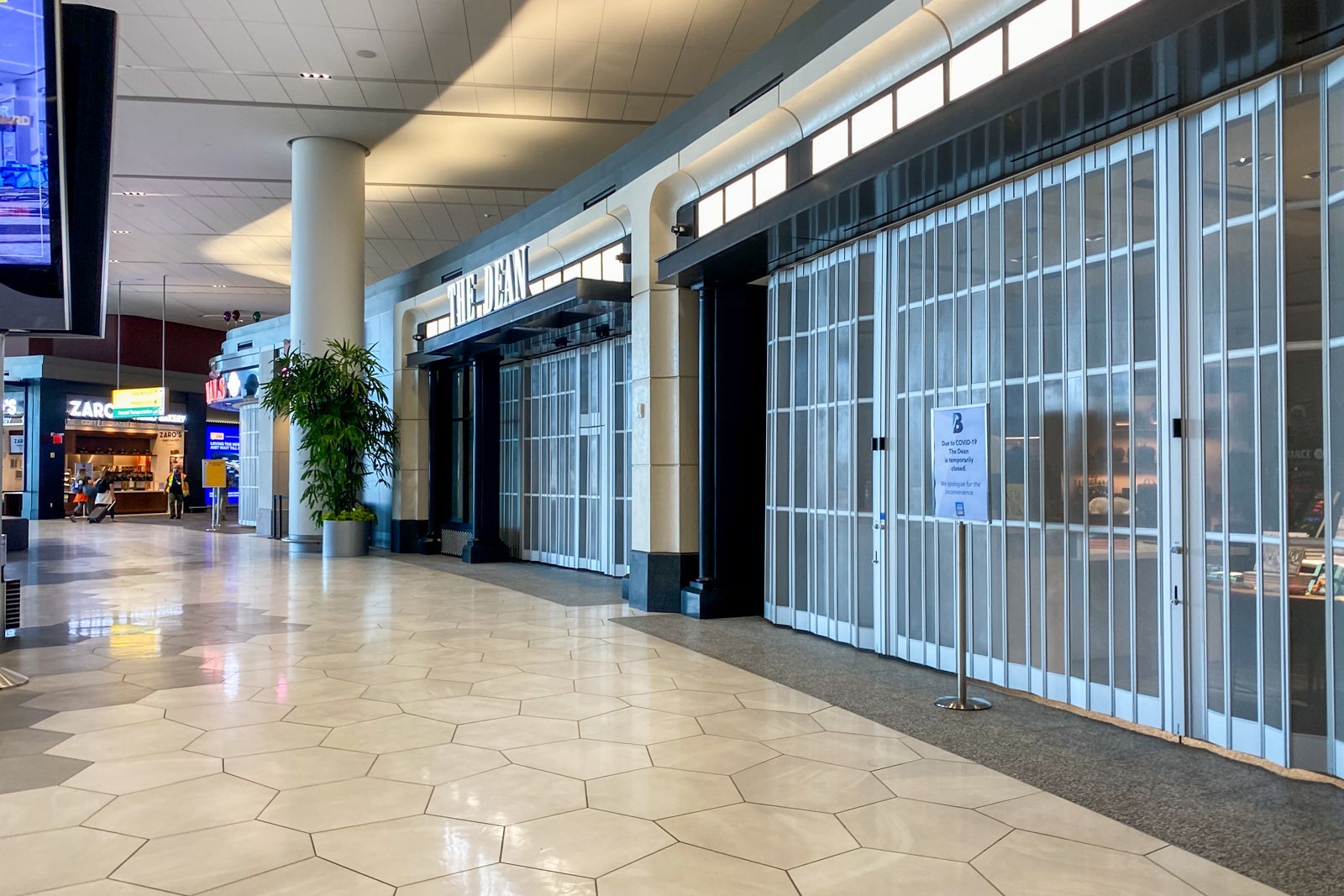
5. Have a backup plan (and travel insurance might be part of it)
TPG reader Blake said she and her husband recently had tickets to see Billy Joel in concert in Las Vegas, but when they got COVID-19 they had to cancel their plans. Fortunately, they had purchased insurance on their trip, and got the $2,000 they had spent refunded.
The topic of travel insurance came up quite a bit among our TPG readers as part of this discussion.
I can attest, I bought trip insurance for the first time in 2020, to protect money I put down for a 10-night summer vacation home rental at the beach. I decided to pay extra for the "cancel for any reason" insurance, so that if someone in my family were to test positive the day before our reservation began, we wouldn't lose all the money we had spent.
Related: TPG's guide to independent travel insurance
Whether or not the insurance is right for your trip, it's a good idea to just have a backup plan in the event something doesn't go quite the way you'd planned.
If your flight got canceled and you had to wait at your destination two more days, what would you do? If the family gathering across the country gets called off because two relatives tested positive, would you still get on the flight and stay in a hotel?
Just like the need for flexibility, having a backup plan for how you'll adjust your travel itinerary can go a long way toward alleviating the impact of unforeseen circumstances. Making travel reservations with the right level of flexibility makes your backup plans easier to execute.
TPG featured card
at Capital One's secure site
Terms & restrictions apply. See rates & fees.
| 5X miles | Earn 5X miles on hotels, vacation rentals and rental cars booked through Capital One Travel |
| 2X miles | Earn unlimited 2X miles on every purchase, every day |
Pros
- Stellar welcome offer of 75,000 miles after spending $4,000 on purchases in the first three months from account opening. Plus, a $250 Capital One Travel credit to use in your first cardholder year upon account opening.
- You'll earn 2 miles per dollar on every purchase, which means you won't have to worry about memorizing bonus categories
- Rewards are versatile and can be redeemed for a statement credit or transferred to Capital One’s transfer partners
Cons
- Highest bonus-earning categories only on travel booked via Capital One Travel
- LIMITED-TIME OFFER: Enjoy $250 to use on Capital One Travel in your first cardholder year, plus earn 75,000 bonus miles once you spend $4,000 on purchases within the first 3 months from account opening - that’s equal to $1,000 in travel
- Earn unlimited 2X miles on every purchase, every day
- Earn 5X miles on hotels, vacation rentals and rental cars booked through Capital One Travel
- Miles won't expire for the life of the account and there's no limit to how many you can earn
- Receive up to a $120 credit for Global Entry or TSA PreCheck®
- Use your miles to get reimbursed for any travel purchase—or redeem by booking a trip through Capital One Travel
- Enjoy a $50 experience credit and other premium benefits with every hotel and vacation rental booked from the Lifestyle Collection
- Transfer your miles to your choice of 15+ travel loyalty programs
- Top rated mobile app


